Infrastructure Evaluations
proposals found with keywords: Nil and filters: All
- List View
- Map View
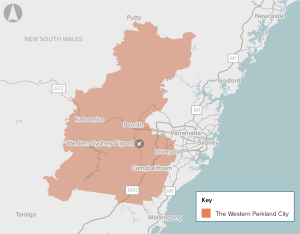
Providing digital infrastructure would enable the adoption of technologies that reduce travel times, reduce resource use and emissions, improve health and provide more ways for community members to access up to date information about services and developments in their city.
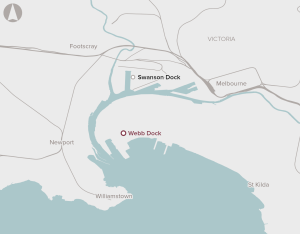
The number of containers handled by the Port of Melbourne is forecast to grow from 3 million twenty-foot equivalent container units (TEUs) in 2019 to close to 9 million TEU by 2050. The majority of this growth in containers will need to be delivered at Webb Dock. However, with the existing infrastructure, all freight to and from Webb Dock is carried by road. This results in increased congestion on the surrounding road network.
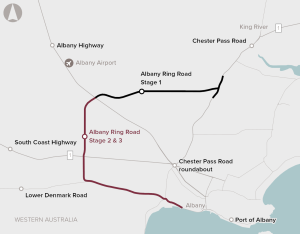
This business case proposes an alternative freight access route to the Port of Albany. The project would involve a ring road around the urban areas of Albany, which aims to improve freight efficiency and help separate freight, local and tourist traffic within Albany.
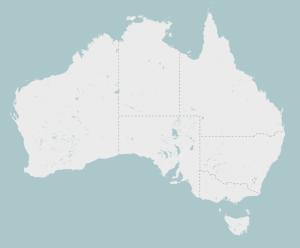
The business case is for removing six level crossings on the inner Armadale Line. The project aims to improve safety and reduce congestion at the level crossings, as well as improving station precincts and public open space.

There are 30 level crossings on Perth’s electrified passenger rail network, which services 72 stations across five lines. Level crossings provide important connectivity for vehicles, cyclists and pedestrians across train lines, but also result in road congestion and safety risks.
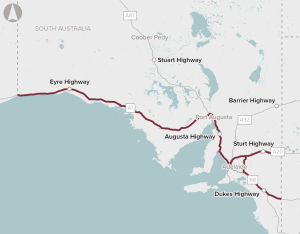
The realignment of the Sturt Highway through the Truro Hills, including a bypass of the town of Truro, to improve safety and allow use of High Productivity Vehicles on the highway.
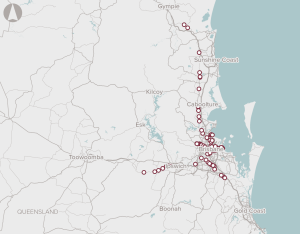
South East Queensland’s Citytrain network includes 65 level crossings. Most of these level crossings are in urban environments, which can lead to congestion and safety issues.

Upgrade 3.6 km of highway to a four-lane divided carriageway.
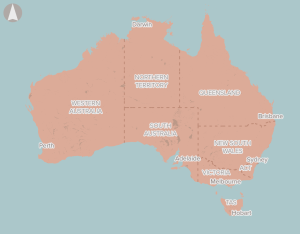
The proposal is for a mix of infrastructure and non-infrastructure responses (such as demand management) to efficiently meet agreed service standards for water security in Australia’s towns and cities.
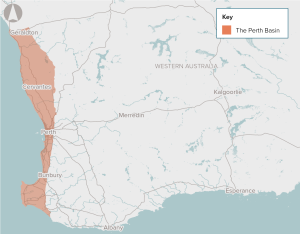
The proposal is for a program of water sourcing and water demand management interventions. This could include a mix of more conventional water sources, as well as more innovative reuse and recovery options, to provide additional sources of climate-independent potable water.
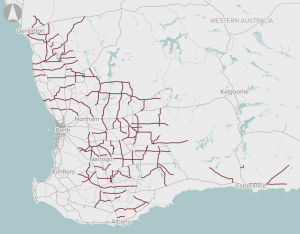
The program is for assessing and prioritising sections of the Wheatbelt Secondary Freight Network.
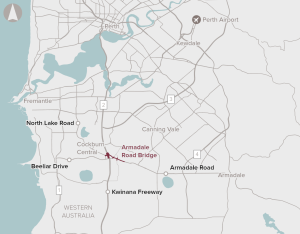
The Armadale Road/Beeliar Drive interchange is experiencing severe congestion and traffic volumes are growing through the Midgegooroo Avenue/Beeliar Drive intersection. Safety is also a significant challenge, with Armadale Road between Cockburn and Armadale ranked by the Royal Automobile Club of Western Australia as the state’s sixth riskiest road.
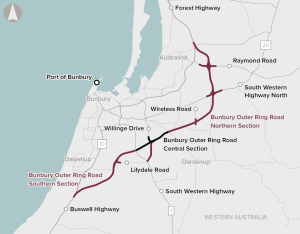
Bunbury is one of the fastest growing regional cities in Australia. Its population is projected to grow by 1.6% on average from 175,900 in 2016 to 206,640 by 2026. Two of Bunbury’s major industries, mining and tourism, place pressure on the local road network, with the road network near the Port of Bunbury carrying a mix of freight and light-vehicle traffic (including local, regional and tourist trips).
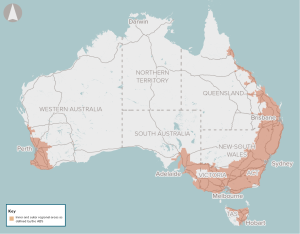
Potential options to address the proposal include: increasing shared use of the existing transmission network upgrading existing regional networks to allow faster digital connections investing in new transmission networks.
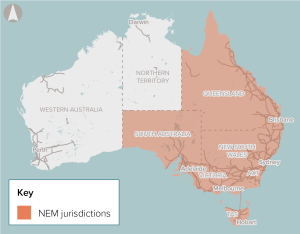
The National Electricity Market (NEM) will require significant investments in dispatchable energy storage to support growing renewable energy generation and the future retirement of coal-fired generators.
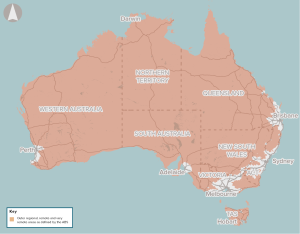
Enabling digital health technologies in regional and remote areas of Australia can improve equity of access and outcomes, reduce costs associated with delivering health care and reduce avoidable hospitalisations.
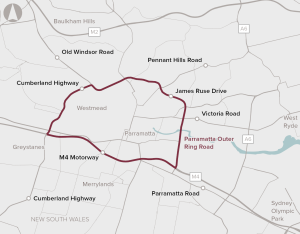
Options for improving capacity of Parramatta's Outer Ring Road
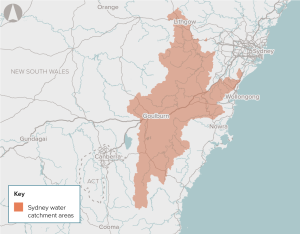
The proposal aims to deliver long-term water security, water quality, amenity, recreation and public health outcomes for Greater Sydney. Potential options to address the proposal include better-use and new infrastructure investments, as well as non infrastructure responses such as demand management to efficiently meet this need.
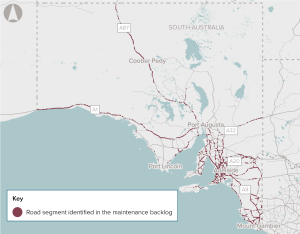
There is a large and increasing backlog of maintenance on the national and state-owned roads in South Australia, which is increasing costs for road users.
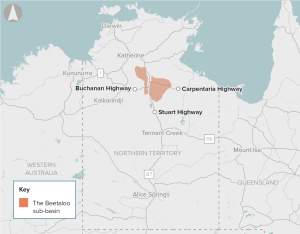
The Beetaloo Sub-Basin has been identified by industry as containing a significant quantity of gas that could be within economically feasible depths to extract.
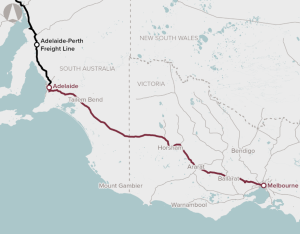
The Melbourne to Adelaide freight rail corridor cannot carry double-stacked containers. This increases costs for operators and impacts on freight rail between Melbourne and Adelaide, and also to Perth.
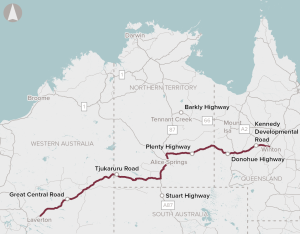
The Outback Way is the only direct route that connects Western Australia to Queensland, and is an important piece of national transport infrastructure. The inconsistent and poor condition of the road leads to long and unreliable travel times and higher safety risk for road users. Around half of the route is unsealed.
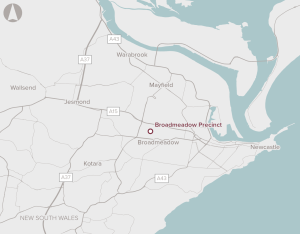
There is an opportunity to redevelop an existing sports and entertainment precinct five kilometres from the Newcastle CBD.
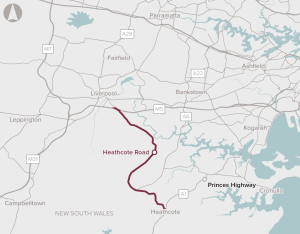
Heathcote Road is a 24.5-kilometre arterial road connection between the M5 Motorway and A1 Princes Highway. The current road capacity and design is leading to congestion, poor reliability and safety issues, particularly around key intersections. Several sections of Heathcote Road have minimal overtaking opportunities.
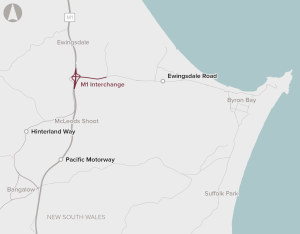
The proposal is for capacity improvements on the M1 Pacific Motorway interchange to Byron, which could include a range of configurations.
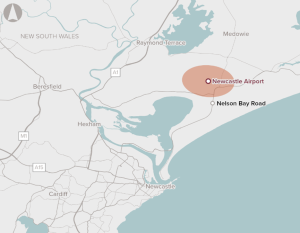
The current limitations of the terminal and runway impacts inbound and outbound flights to domestic destinations and restricts access to international destinations in Oceania. This leads some passengers to commute to and from Sydney Airport for air travel.
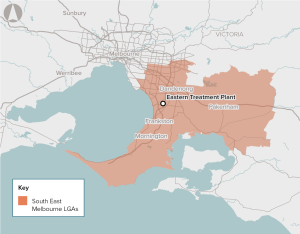
Climate change, population growth and ageing assets present potential longer-term water security problems for Melbourne. Climate-independent water supply sources can help address the problem. Melbourne’s Eastern Treatment Plant produces over 130 billion litres of recycled water each year. Currently, about 95% (123 billion litres) of this water is treated and safely discharged into the Bass Strait.

There is poor access to digital services in the regional and remote areas of Western Australia due to a lack of fit-for-purpose digital infrastructure and low service performance of existing infrastructure.
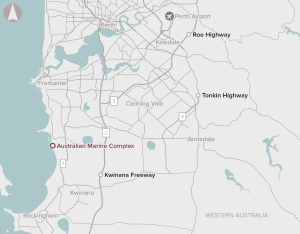
The AMC is an integrated marine and industrial fabrication complex established to support the construction, development and maintenance of major projects and assets in the oil and gas, mining and shipbuilding industries. The existing complex is home to over 150 businesses. However, there is limited infrastructure capacity at the complex and the common user facility to support growing demand.
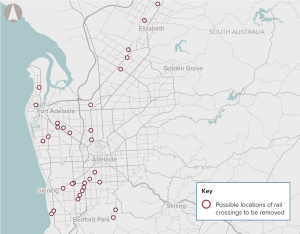
The proposal could be addressed through a program to identify, prioritise and remove level crossings in Adelaide.
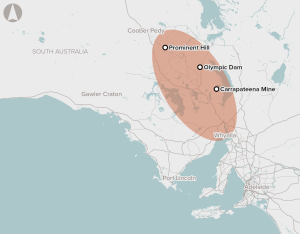
Mines in northern South Australia rely on groundwater from the Great Artesian Basin and other smaller local aquifers. This water is expensive to extract, as harvesting can be slow in low-pressure zones, and salinity and other water quality issues can affect its use.
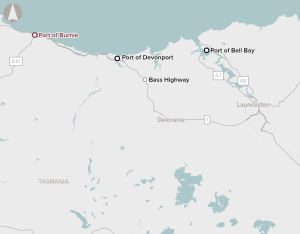
Recommended for investment to support the Tasmanian Government undertake planning activities to investigate how upgrades to the port will enable the expansion of the state’s commodity exports and enrich local communities.
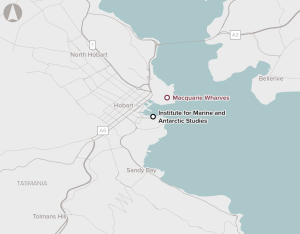
In its existing condition, the port cannot accommodate the Australian Antarctic Division’s new purpose-built icebreaker, RSV Nuyina. It also cannot accommodate the Oasis passenger cruise vessels, impacting on tourism.

The Northern Territory Remote Power System Strategy set a target for 70% renewable electricity generation for Indigenous Essential Services communities. This is expected to improve resilience, flexibility, reliability, amenity and sustainability of power infrastructure in remote Aboriginal communities of the Northern Territory.
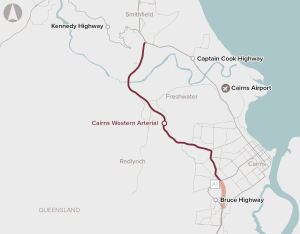
The Cairns Western Arterial Road provides important access for commuter, tourism and freight traffic. Approximately 42,000 vehicles use the busiest sections of the road each day, resulting in heavy congestion and queuing on the undivided sections of the road and at its intersections.
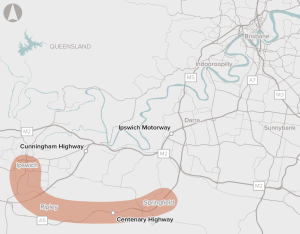
Public transport improvements between Ipswich and Springfield
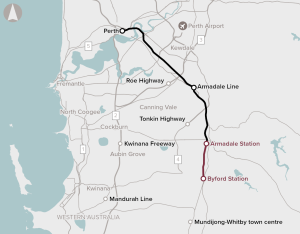
The business case is to extend the Armadale Line approximately eight kilometres south to Byford. This is to support and provide public transport access to the high-growth suburb of Byford.
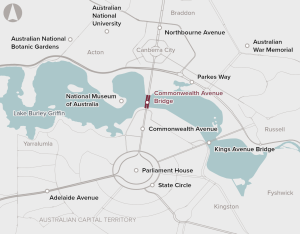
The Bridge is ageing and has not undergone a significant upgrade since construction. The proposed project will include structural upgrades that are required to meet relevant design standards for load capacity, traffic lane width, safety barriers, and active transport corridor width.
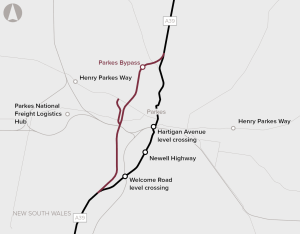
The Project is a 10.5 kilometre western bypass of Parkes, including bridges over existing railway lines, connections to the Parkes Special Activation Precinct, and upgrades to local roads. The project has an estimated capital cost of $175 million (P50, outturn costs) and is expected to be completed by 2024.
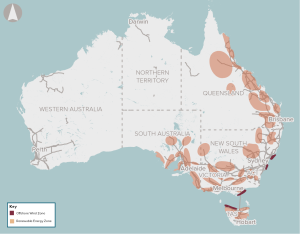
The National Electricity Market (NEM) will require significant new grid-scale renewable energy generators to replace retiring thermal generation facilities.

The business case is for the delivery of upgrades to the Gippsland Line to deliver additional services, improved reliability and resilience, and improved passenger experience.
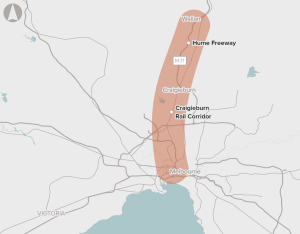
Develop options to address demand for transport services in Melbourne's outer northern suburbs.

Options analysis for the section between Daisy Hill and Loganholme aligns with the requirements of the Infrastructure Australia Assessment Framework.
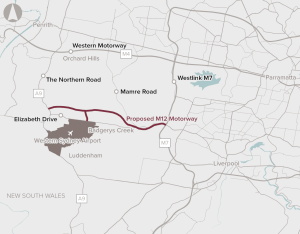
The M12 Motorway will be a new 16-kilometre dual-carriage motorway an is part of the Western Sydney Infrastructure Plan. It will connect the Westlink M7 Motorway to The Northern Road, which is a major north–south corridor and also a component of the Western Sydney Infrastructure Plan.
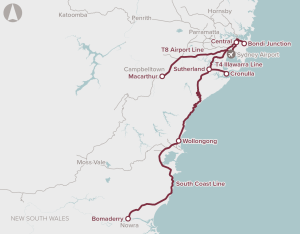
This project is Stage 2 of the multi-stage More Trains More Services (MTMS) Program to increase rail capacity across the Sydney network. MTMS Stage 2 will include enabling works on the T4 line.
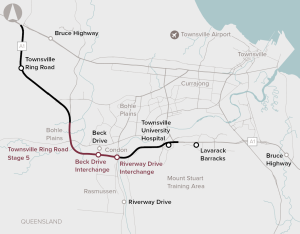
This is a proposal for the duplication of a 6 kilometre two-lane section of the Bruce Highway between Vickers Bridge and Shaw Road in the south west of Townsville.
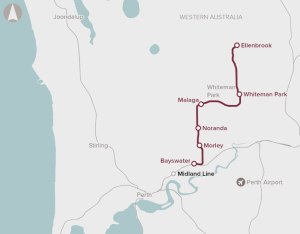
Potential improvements include upgrades to the existing road network, improving bus service frequency and reliability or introducing new modes such as bus rapid transit or rail.
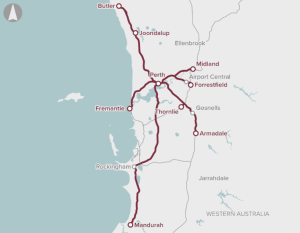
Recommended for investment to support the Western Australia Government to increase the capacity and resilience of Perth’s rail network.
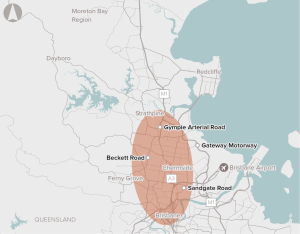
Capacity for Brisbane's northern transport corridors to support residential growth in northern Brisbane, combined with employment growth primarily in the Brisbane CBD.
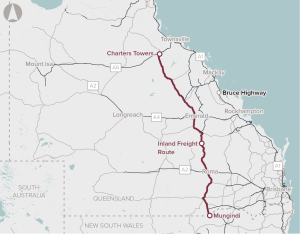
Capacity and safety improvements on Queensland’s Inland Freight Route, from Mungindi (at the New South Wales border) to Charter Towers in North Queensland.

That make up a disproportionate amount of crashes on Queensland's road network.
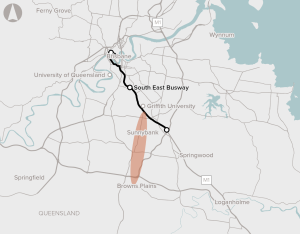
Improving public transport connectivity along the 14km major transport corridor between Browns Plains and the South East Busway.
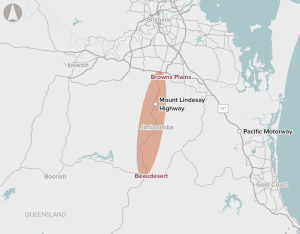
Capacity and safety issues along the corridor between Browns Plains and Beaudesert.
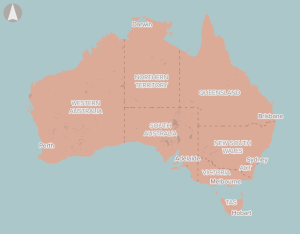
The initiative is for a mix of infrastructure and non-infrastructure responses (such as demand management) to efficiently meet agreed service standards for water security in Australia’s towns and cities.
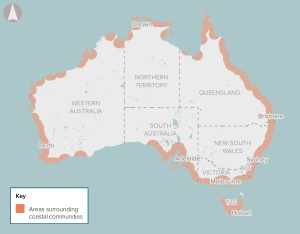
The proposal is for a proactive infrastructure strategy in advance of the inundation risks materialising. Involving engagement with all levels of government, the strategy will need to consider which areas should be protected for continued use, modified to accommodate floods, or withdrawn from altogether.
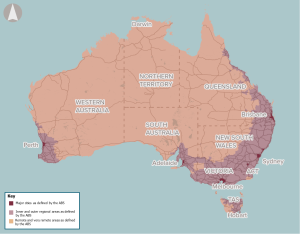
The proposal is for addressing the road maintenance backlog across local, state and national roads.
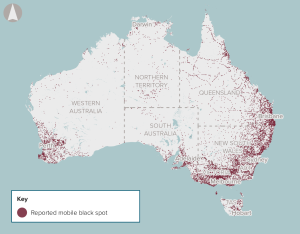
The proposal is to improve the availability and quality of mobile services in certain regional and remote areas.
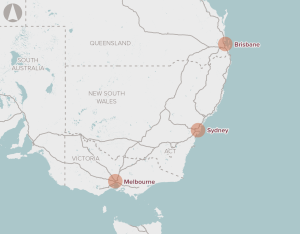
The proposal is for infrastructure improvements which enable larger vessels access to Australian ports on the east coast. This could require channel deepening at existing ports, development of new port locations and enhanced land-side access infrastructure at ports.
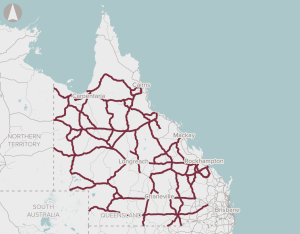
The proposal proposes a strategy that prioritises investment based on the goals of improving productivity and safety on regional Queensland roads, and sustaining regional communities. The proposal includes improvements to address safety, surface issues, flooding, bridge strength and width, road alignments, widening and pavement sealing.
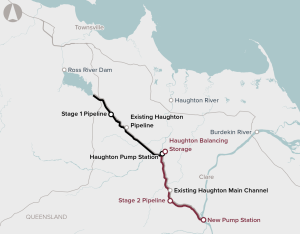
The business case considers constructing a pipeline between the Burdekin River and the Haughton pump station to supplement water supply for Townsville. A stage 1 pipeline, between the Haughton pump station and the Ross River Dam (via the Toonpan Outlet), is currently under construction.
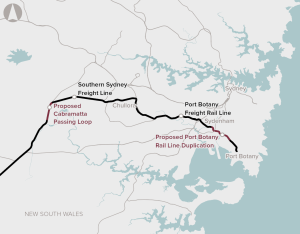
The project will provide the capacity required to meet forecast rail demand generated by the Moorebank Intermodal Terminal, Enfield Intermodal Terminal, the St Marys Intermodal Terminal (from 2022), and future terminals, including a site planned near Western Sydney Airport.
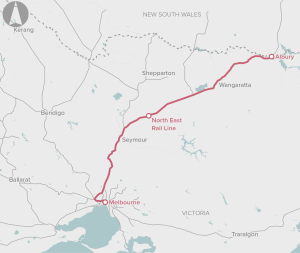
The North East Rail Line project is to upgrade rail track from Melbourne to Albury/Wodonga to a Victorian Class 2 performance standard. It includes upgrading supporting rail infrastructure.

The Port of Newcastle’s Multi-purpose Deepwater Terminal proposal is for the development of a new contained terminal at its Mayfield site.
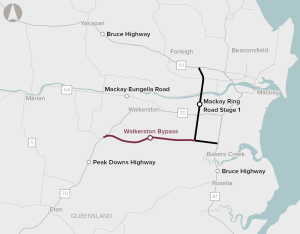
The Walkerston Bypass project includes a 10.4 kilometre realignment of the Peak Downs Highway, from west of Walkerston to the Mackay Ring Road at Stockroute Road.
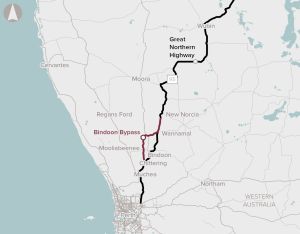
The proposed Bindoon Bypass would reduce vehicle kilometres travelled by enabling triple road trains to travel along the entire length of the corridor, thereby avoiding the need to stop and decouple at Wubin.
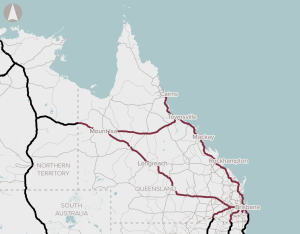
The proposal is for a structured program approach to addressing the maintenance backlog for the NLTN in Queensland.
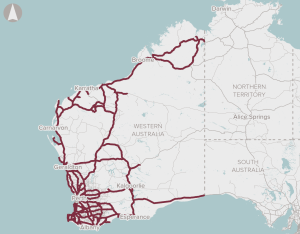
This initiative complements the national High Priority Initiative for Regional road network safety improvements. It involves treatments such as sealing shoulders, wide centre lines and audio tactile line marking to attain a safer road cross section on the State’s Highway and Main Roads regional and rural road network.
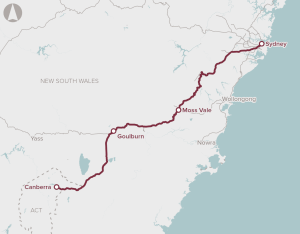
Recommended for investment to support the Australian Capital Territory and New South Wales Governments undertake planning activities to enable reduced travel times and increased service frequency on the Sydney-Canberra rail corridor.
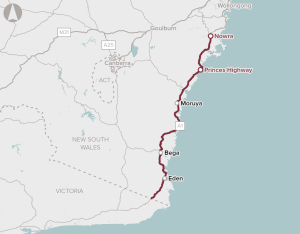
The proposal is for a program of works to make the corridor safer, and more efficient and accessible.
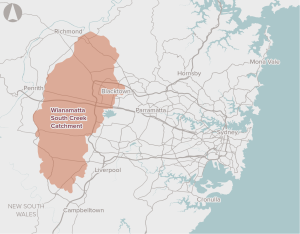
The proposal is to develop the South Creek Catchment in a way that maximises the opportunity for integrated land use and water cycle planning, to enhance the liveability and environmental quality of the area.
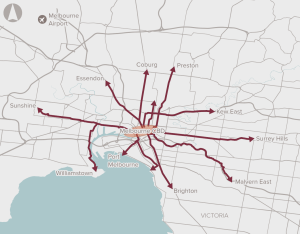
The proposal involves the provision of dedicated cycling infrastructure for key routes in Inner Melbourne to reduce congestion and improve safety and health outcomes.
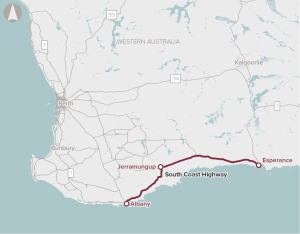
The proposal involves upgrades to the South Coast Highway between Albany and Esperance.
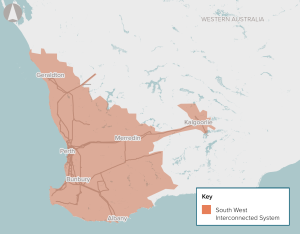
The proposal involves network, generation and storage investment in the SWIS.
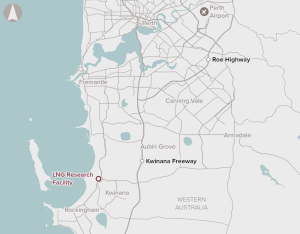
The proposal is for a national facility to develop and test new technologies with the potential to improve operational performance, as well as potentially increase process reliability and reduce production costs.
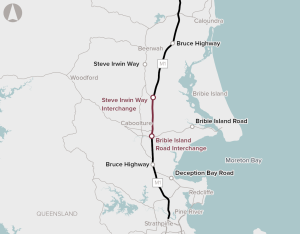
The Bruce Highway, Bribie Island to Steve Irwin Way Project aims to widen the Bruce Highway from four to six lanes between Caboolture and Steve Irwin Way.
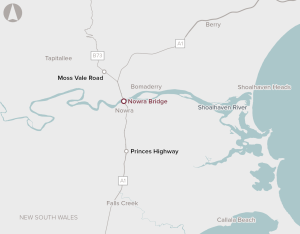
Construct a new four-lane bridge to the west of the existing bridges at Nowra

Extend the existing Gold Coast Light Rail line from Broadbeach South to Burleigh Heads
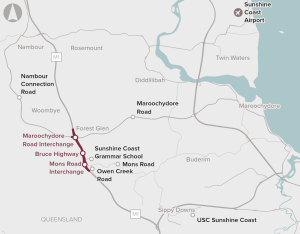
Upgrade the Maroochydore Road interchange, including ramp upgrades and new service roads
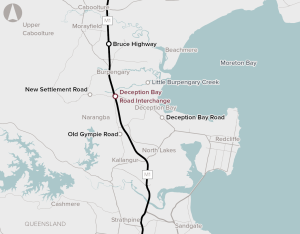
New parallel bridges over the Bruce Highway, near Deception Bay, to increase the capacity of the intersection and improve traffic flow
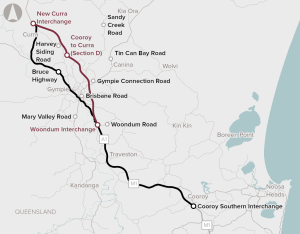
Upgrade 26 kilometres of the Bruce Highway between Cooroy and Curra to bypass Gympie
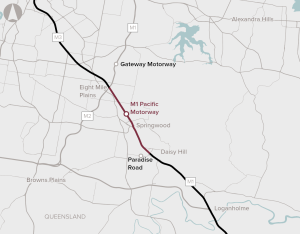
The proposed project would provide additional road capacity by widening an 8.5 km northbound section of the motorway between the Gateway Motorway (at Eight Mile Plains) and Paradise Road (at Daisy Hill),and provide southbound capacity improvements between Rochedale Road and Fitzgerald Avenue (in Springwood).
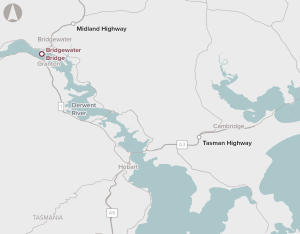
The proposal involves the development of an alternative Derwent River crossing due to capacity constraints on Bridgewater Bridge.
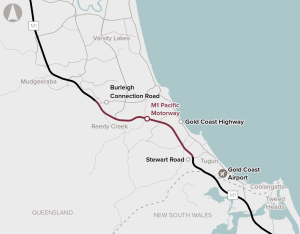
This business case proposes widening both directions of the M1 Pacific Motorway between Varsity Lakes Interchange and Tugun Interchange from four lanes to six lanes, and upgrading the majority of interchanges.
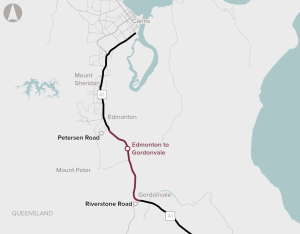
Creating a four-lane highway between Edmonton to Gordonvale and significantly reducing interfaces with properties, the North Coast Railway and arterial roads.
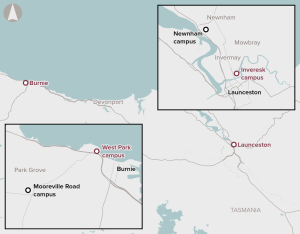
Relocate existing campuses in Launceston and Burnie to new inner-city locations.
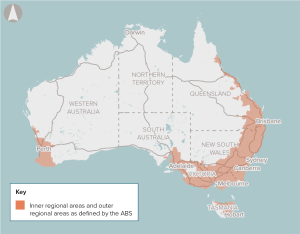
A national program of works to improve safety on regional roads.
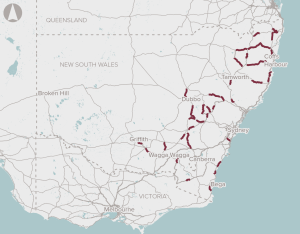
Introduction of modern road safety infrastructure technology and features, to improve road safety at high-risk locations.around NSW.
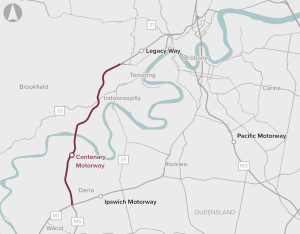
Improve capacity along the Centenary Motorway to support the rapid population growth of Brisbane's Western Corridor.
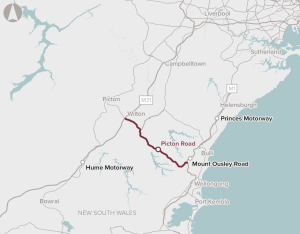
Upgrade Picton road to improve the connection between The Princes and Hume Highways near Mount Ousley.
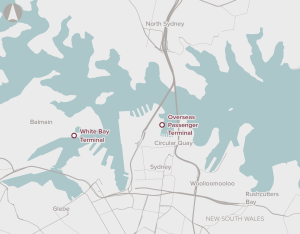
Reduce cruise terminal capacity constraints to support growth of the Australian tourism industry.
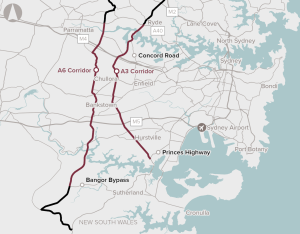
A range of interventions aimed at reducing capacity constraints on the A3 and A6 corridors.
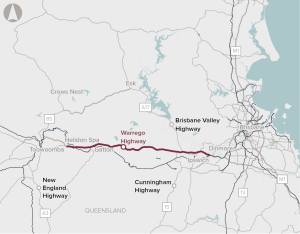
Upgrading the Dinmore to Helidon Spa section of the Warrego Highway to improve road safety, capacity and flood immunity.
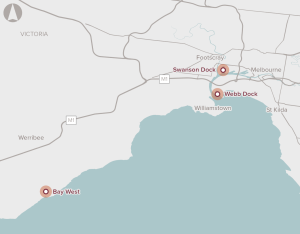
Planning for and construction of additional container terminal capacity in Melbourne to cater for predicted increases in containerised freight volumes.
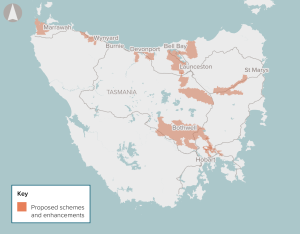
Investment in rural water storage and delivery infrastructure to enable large-scale, multi-user irrigation schemes in rural areas in Tasmania.

The project would link Thornlie Station on the Armadale Line to Cockburn Central Station on the Mandurah line. The project responds to expected population growth in the region.
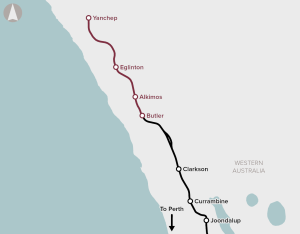
On 18 October 2018, Infrastructure Australia added the Yanchep Rail Extension project to the Infrastructure Priority List as a High Priority Project.
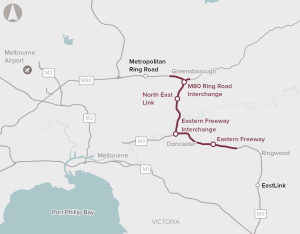
Development of a new motorway-standard connection between the Metropolitan Ring Road and Eastern Freeway to reduce congestion and capacity constraints.
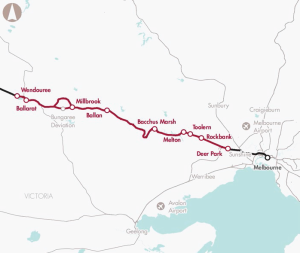
The Ballarat Line Upgrade project responds to the demand growth in Melbourne’s outer west, east and north by duplicating tracks, enhancing rail systems, adding passing loops, and upgrading stations.

On 30 August 2018, Infrastructure Australia chose not to include the Waurn Ponds Duplication Stage 2 project on the Infrastructure Priority List.

The project seeks to electrify and modernise the diesel fleet on the Gawler Line north of Adelaide, upgrading 20 stations and extending or modifying 12 stations.